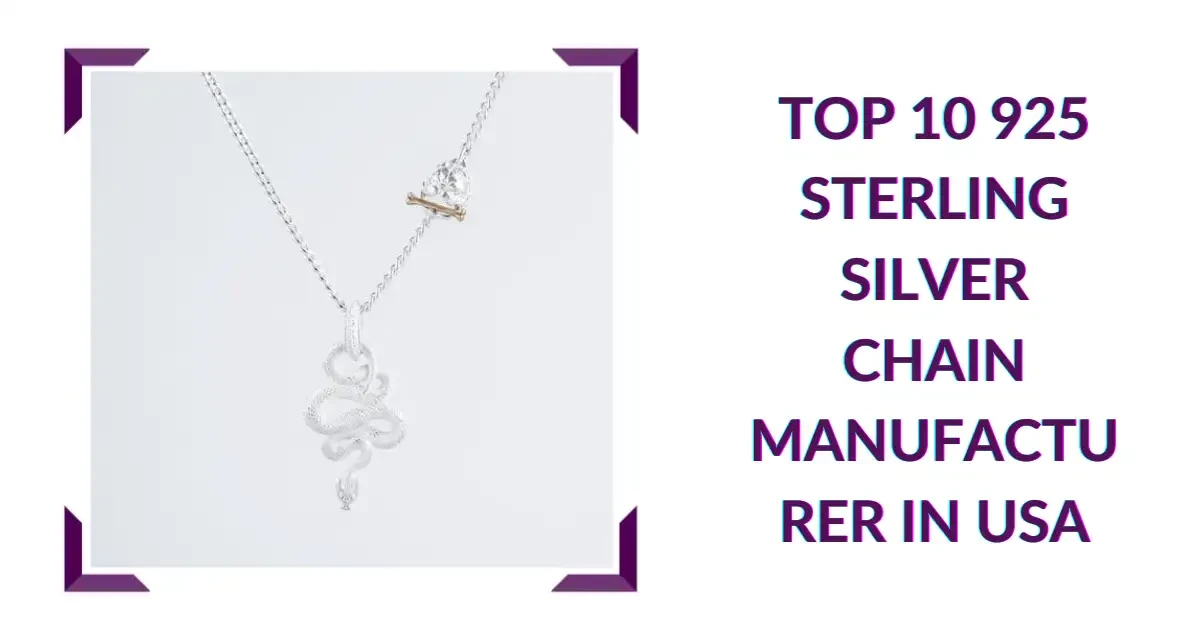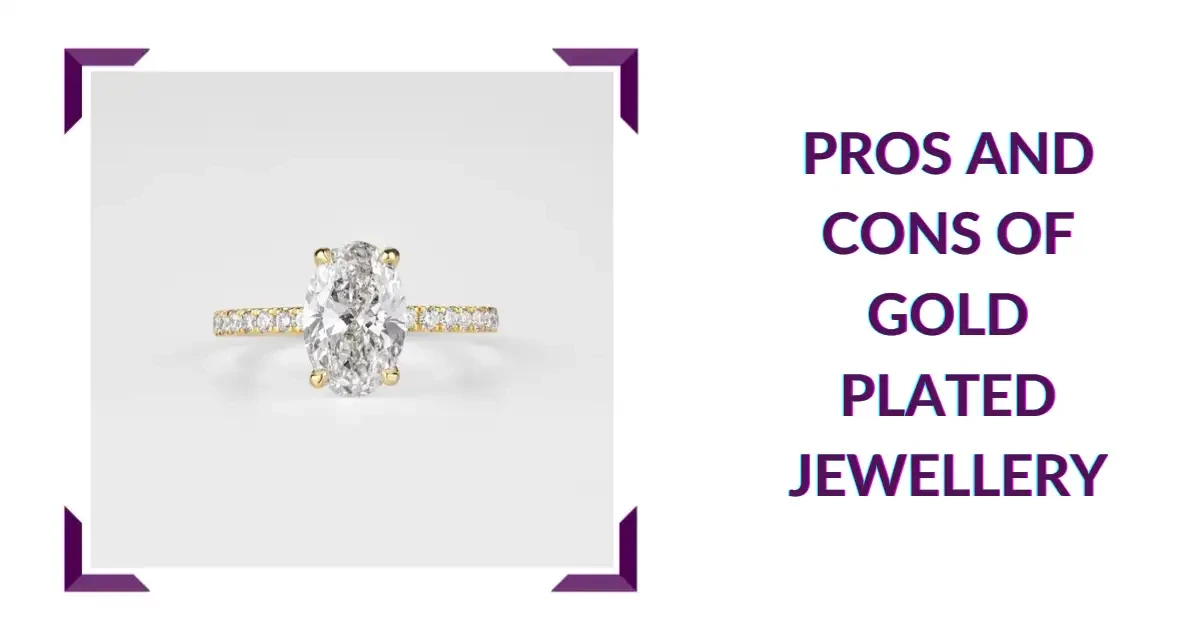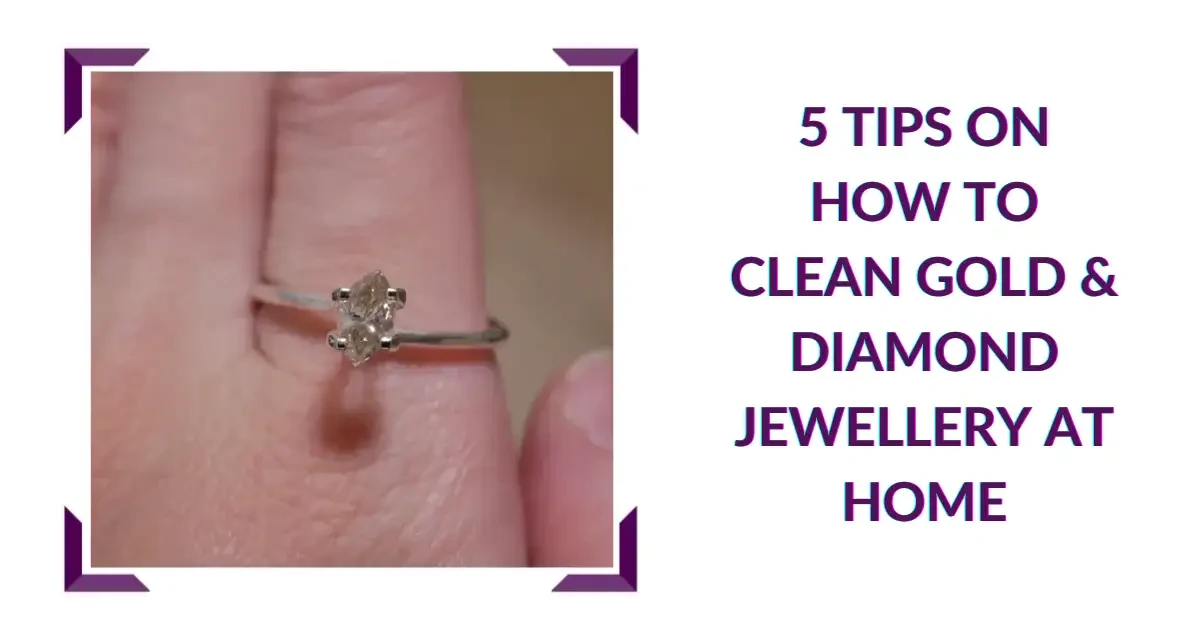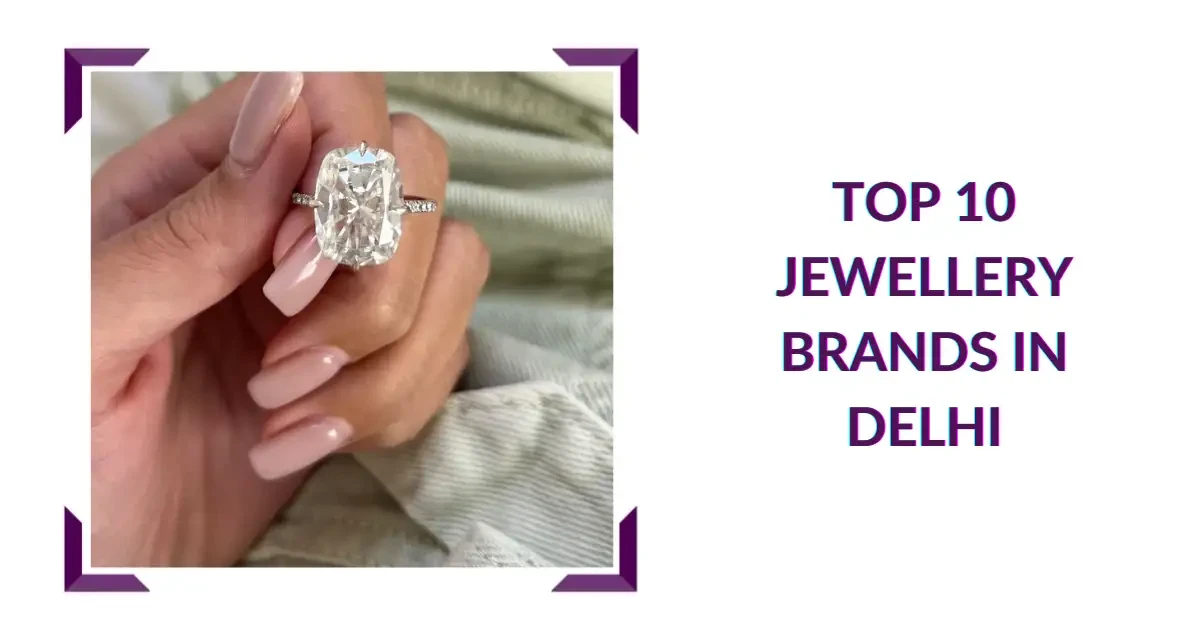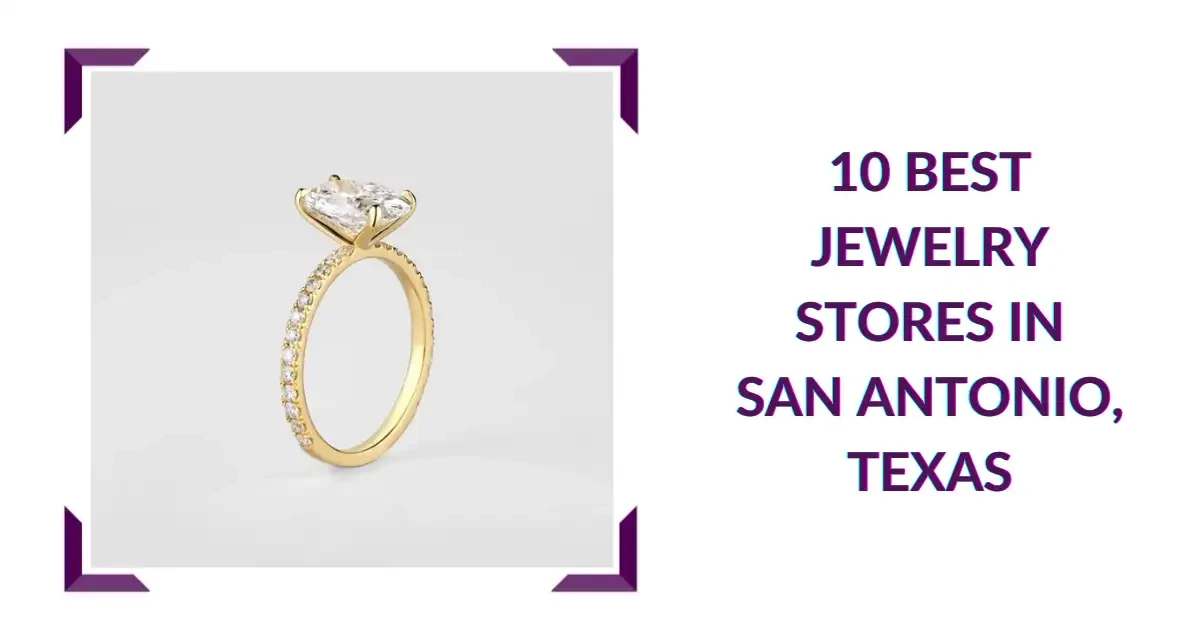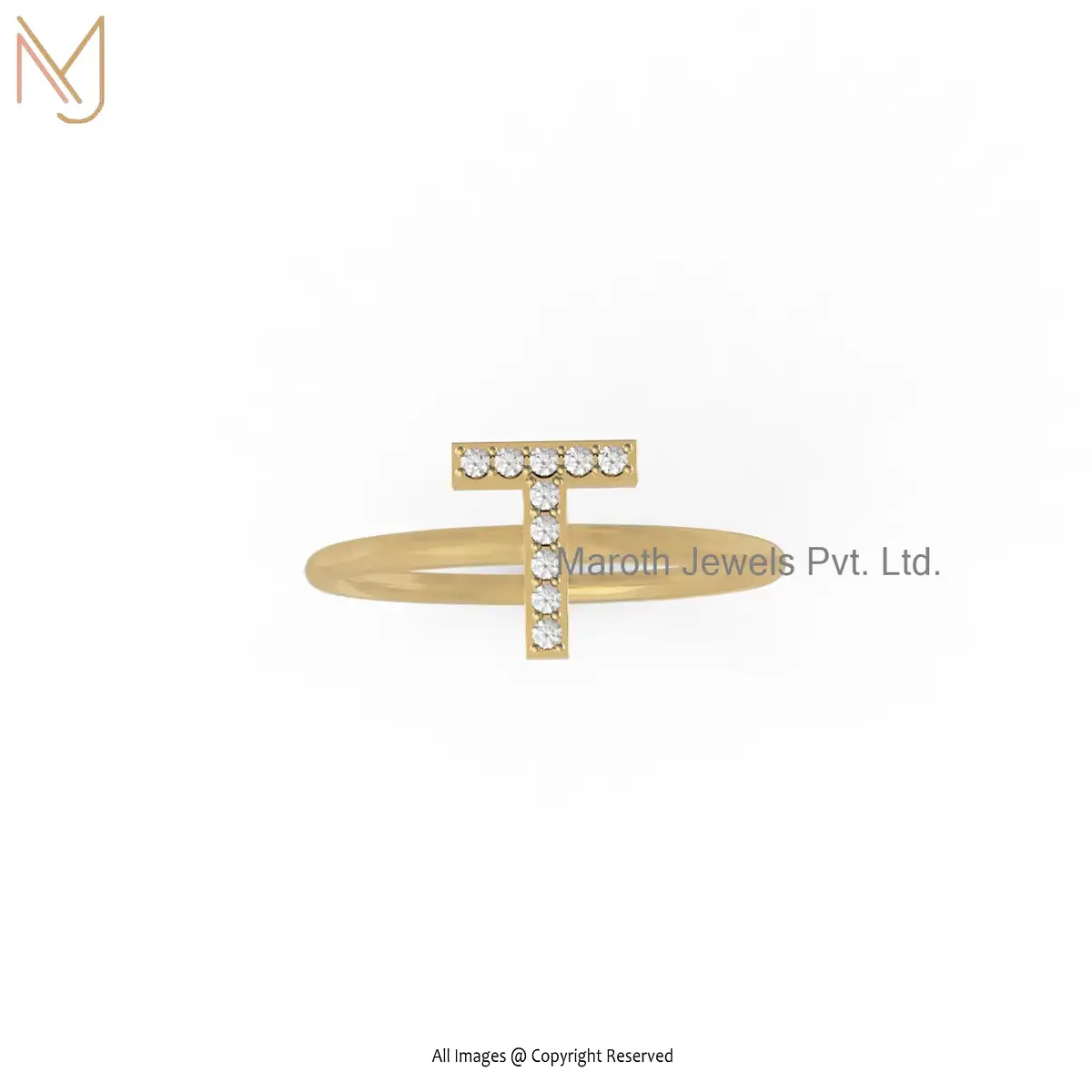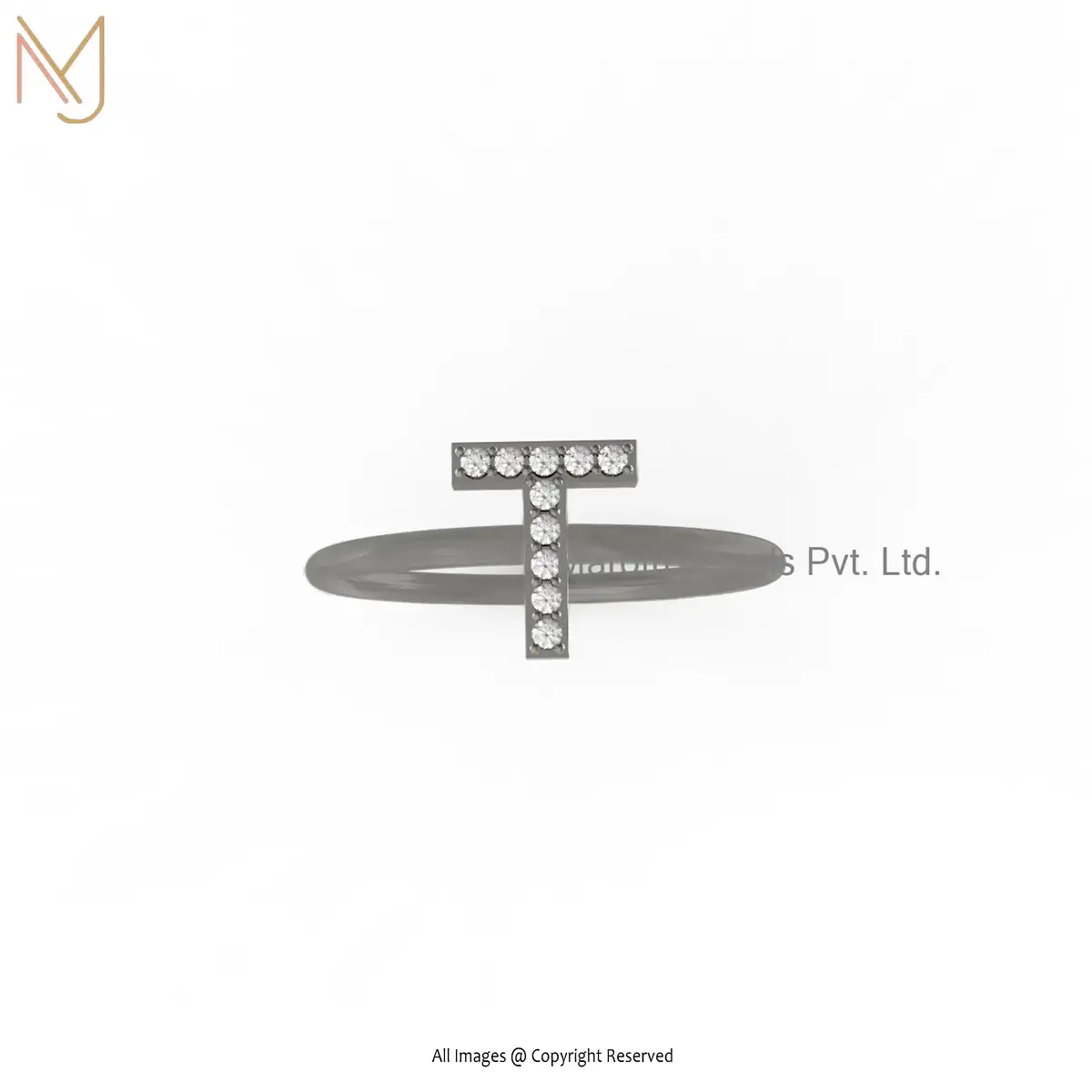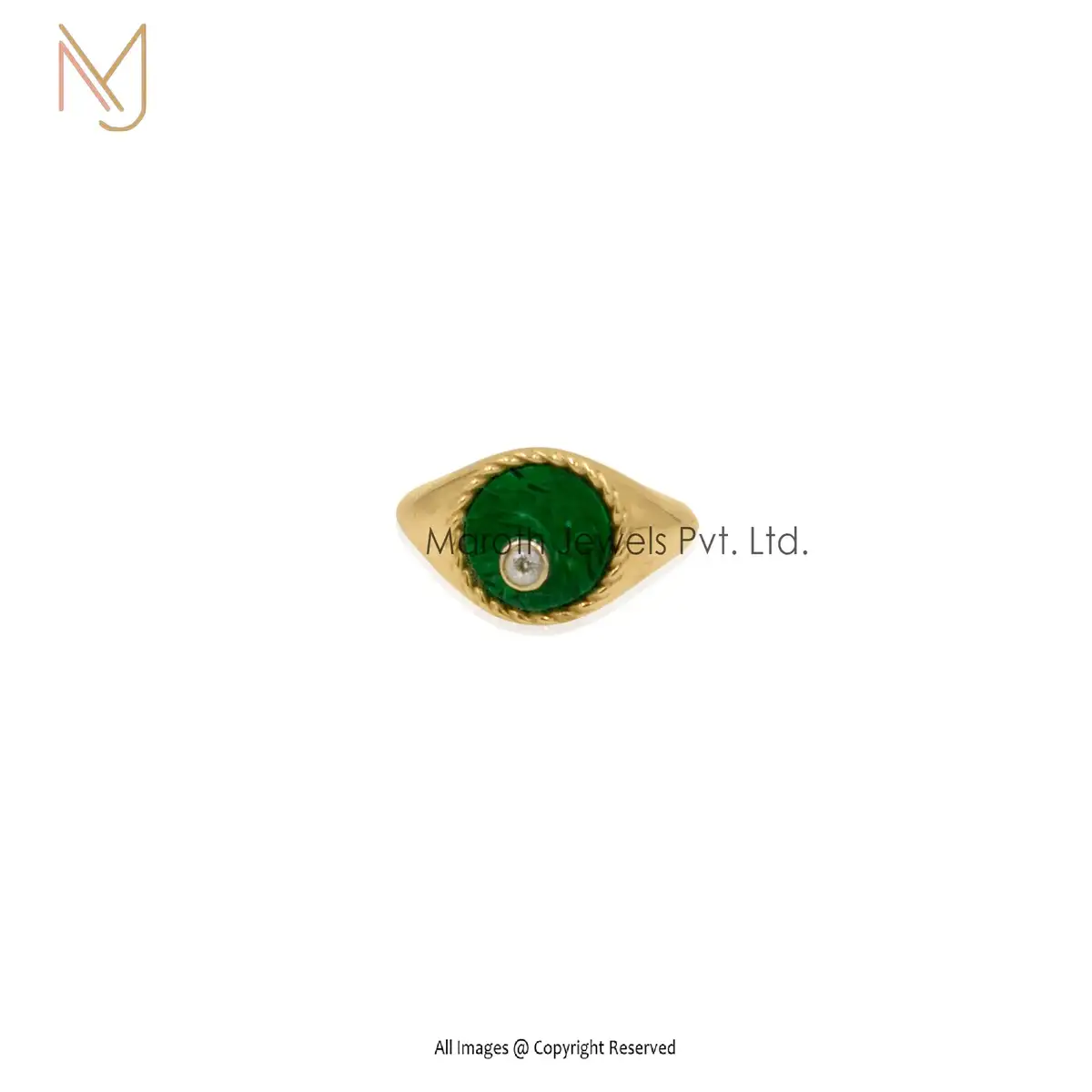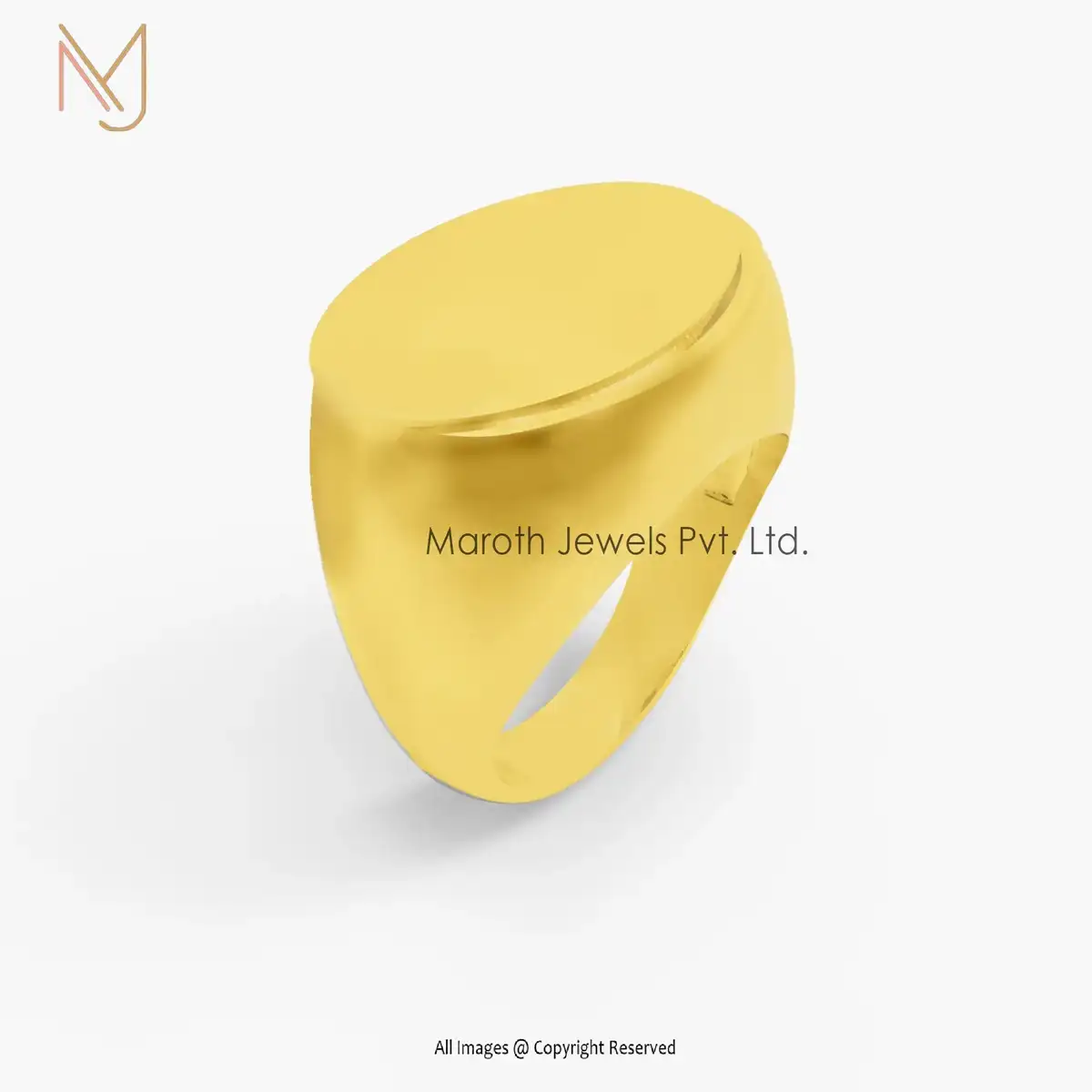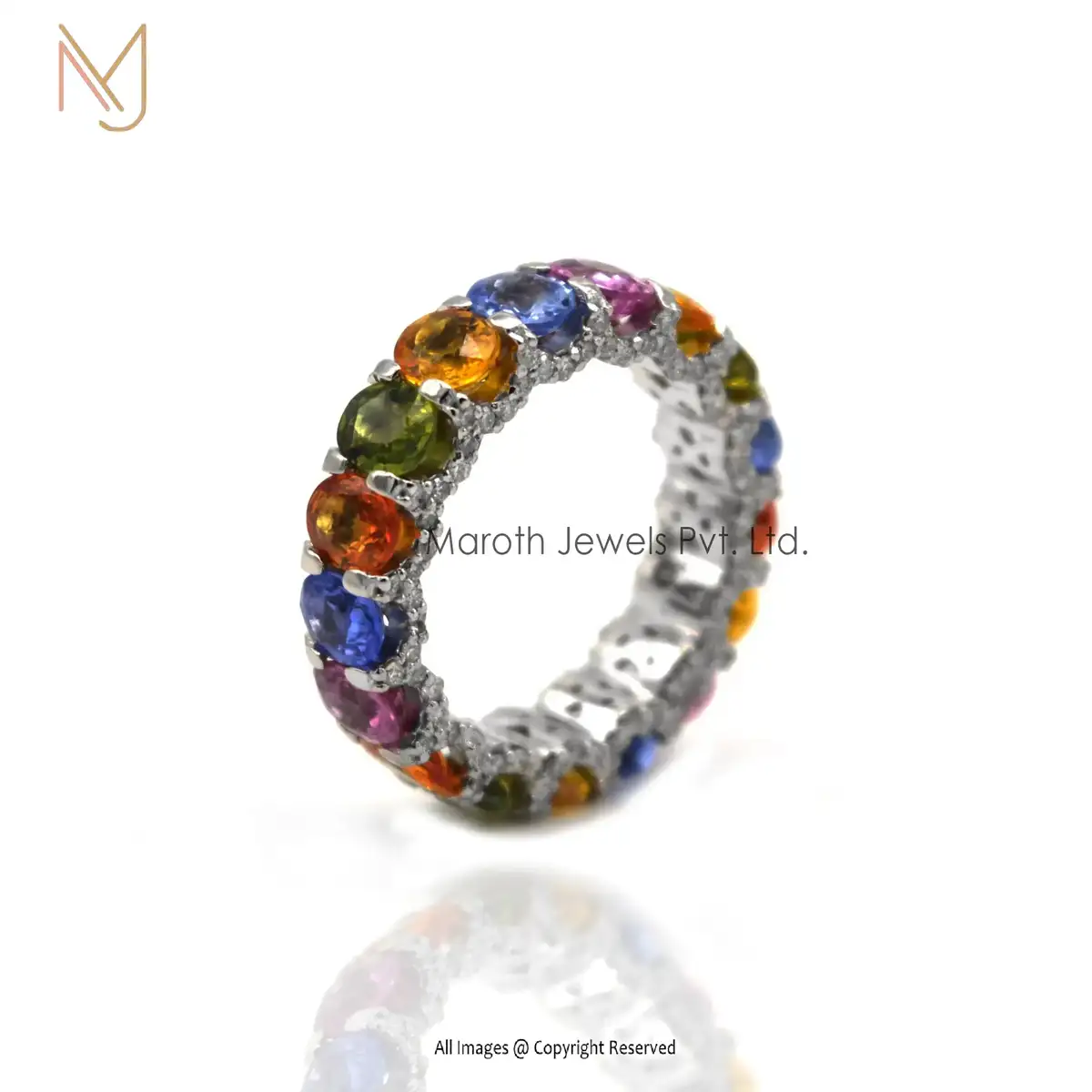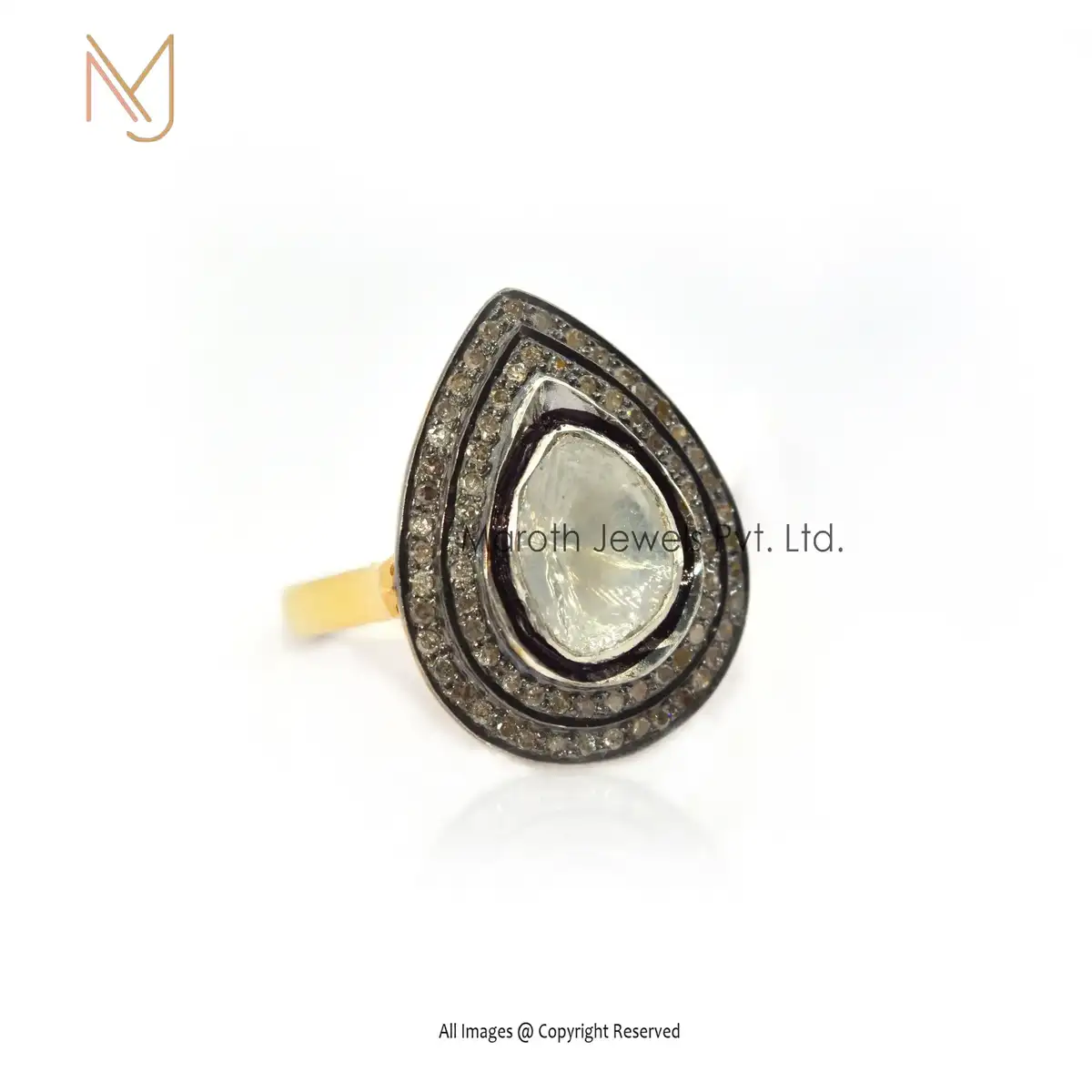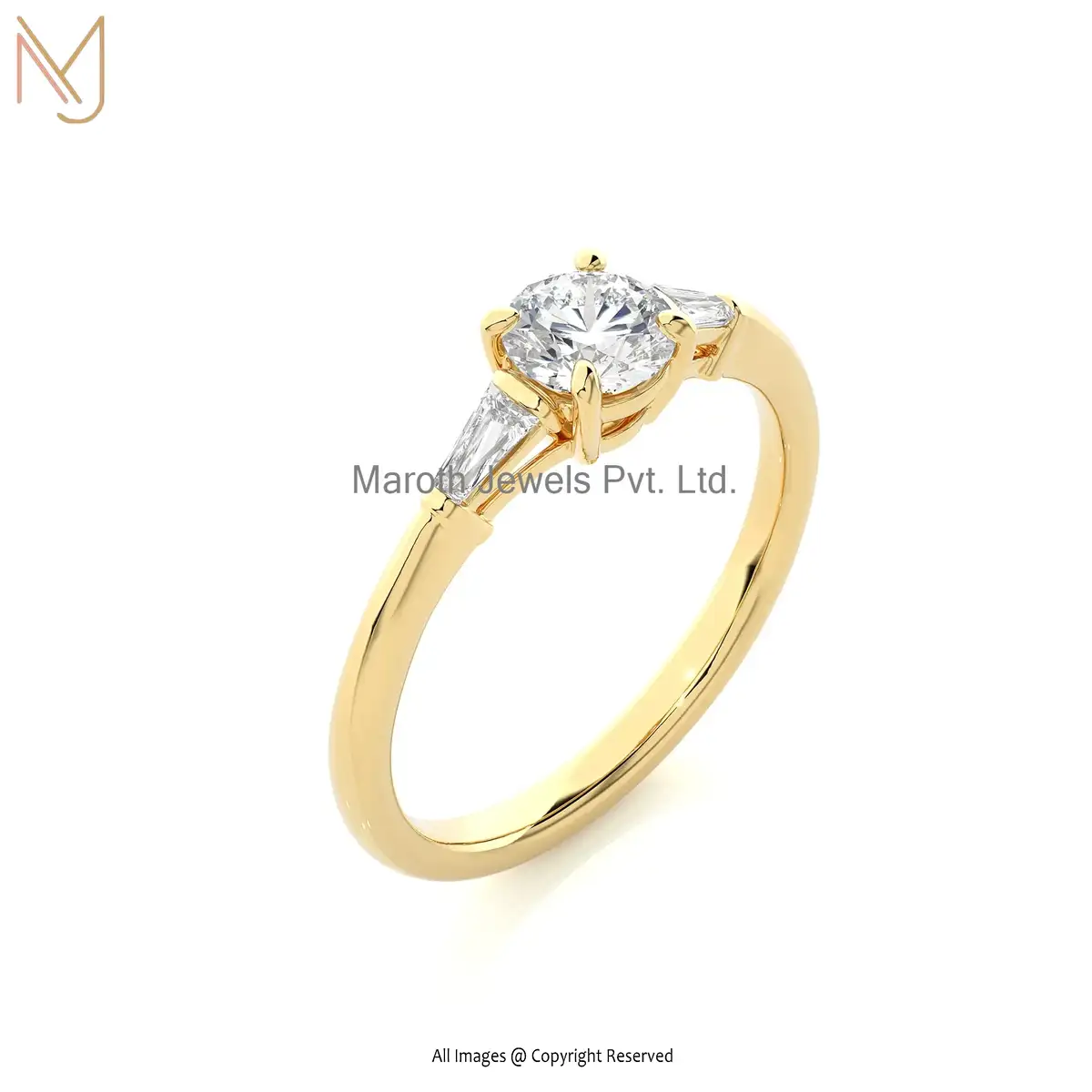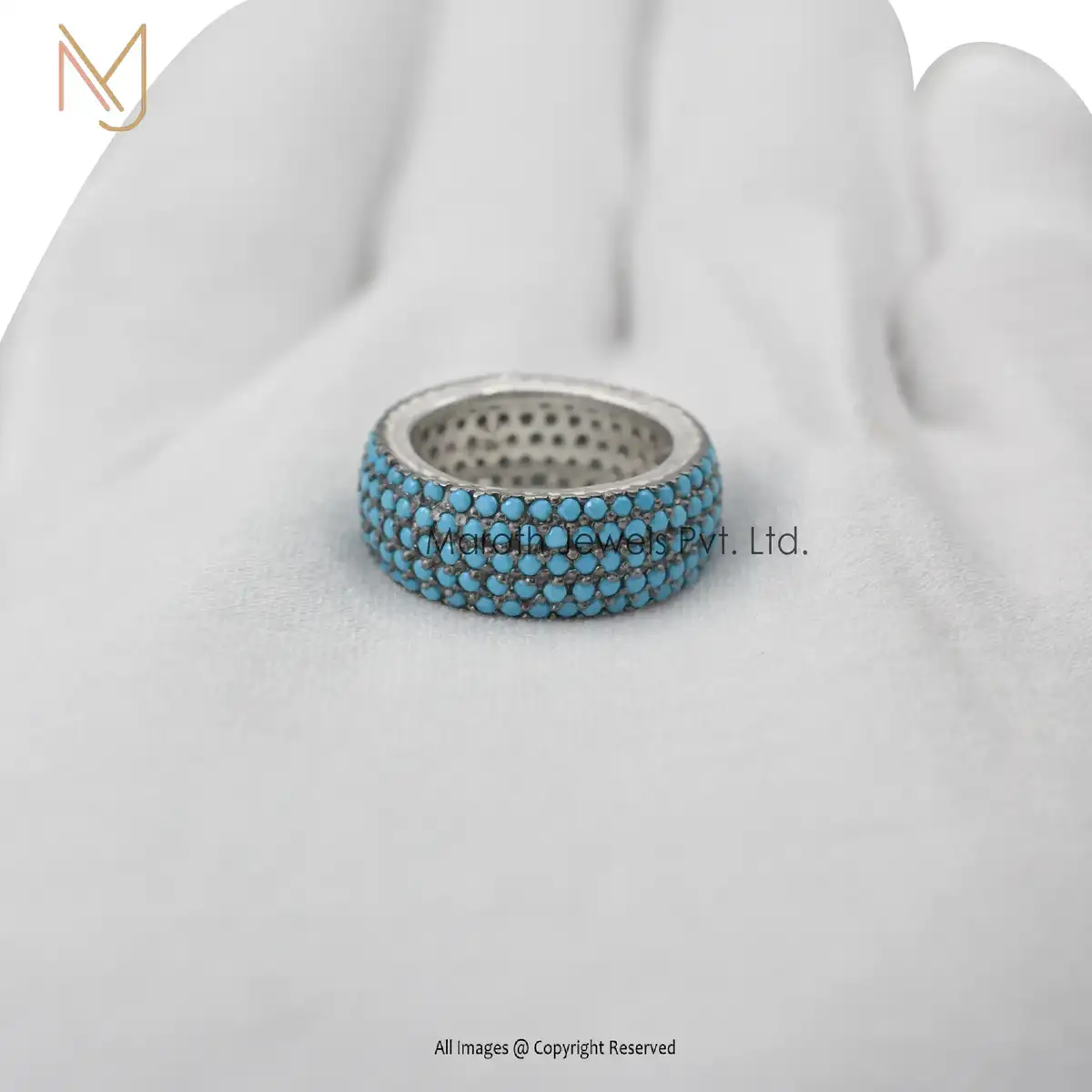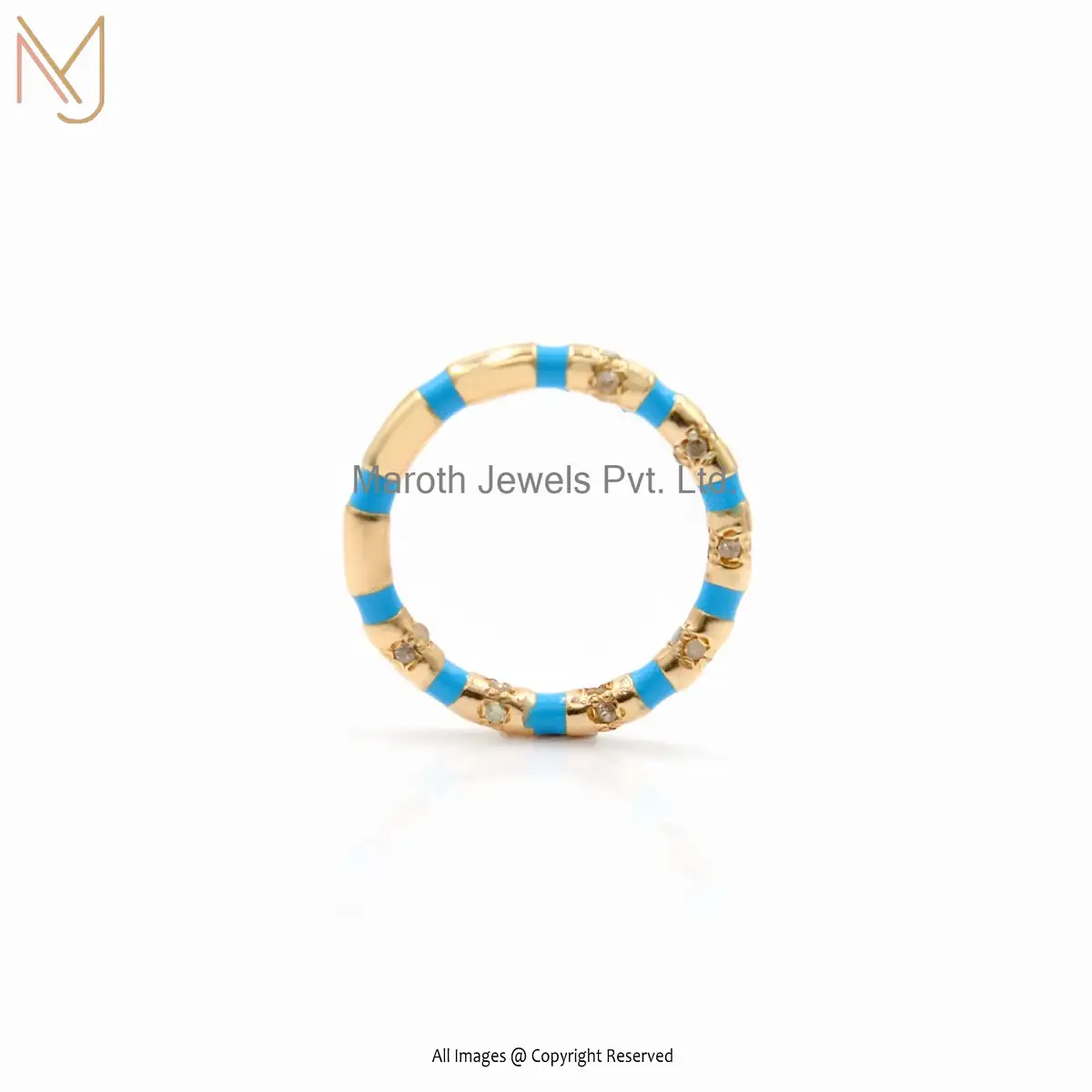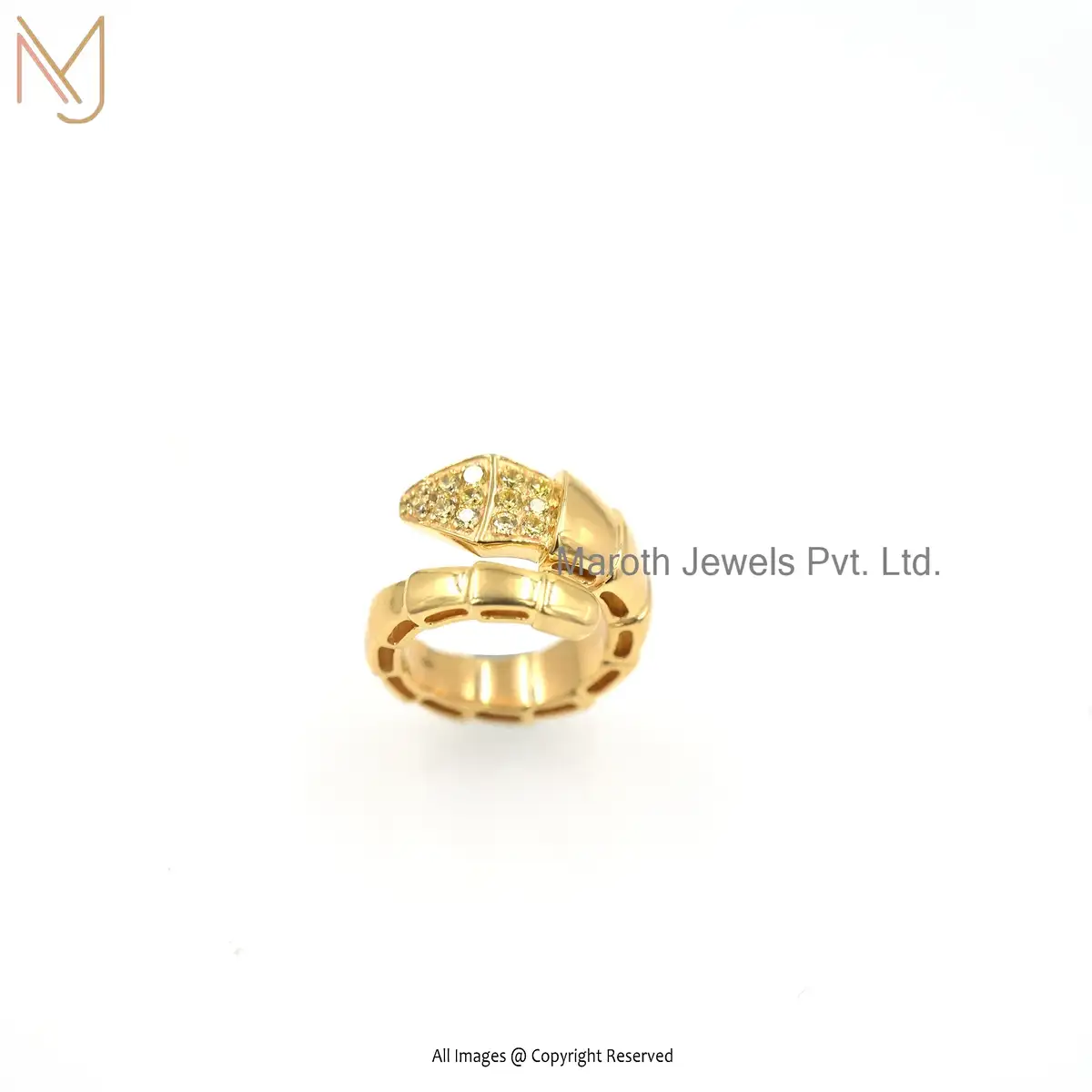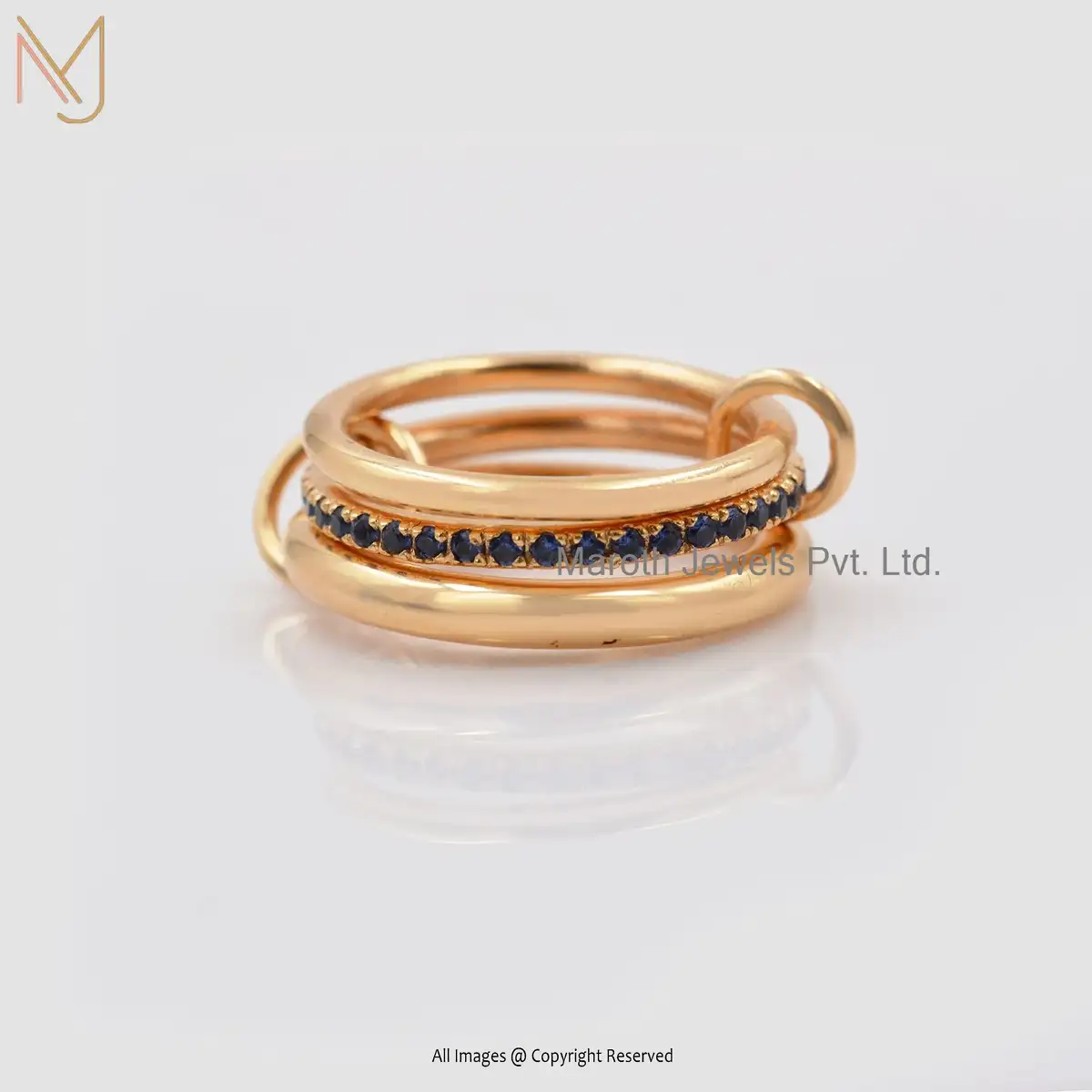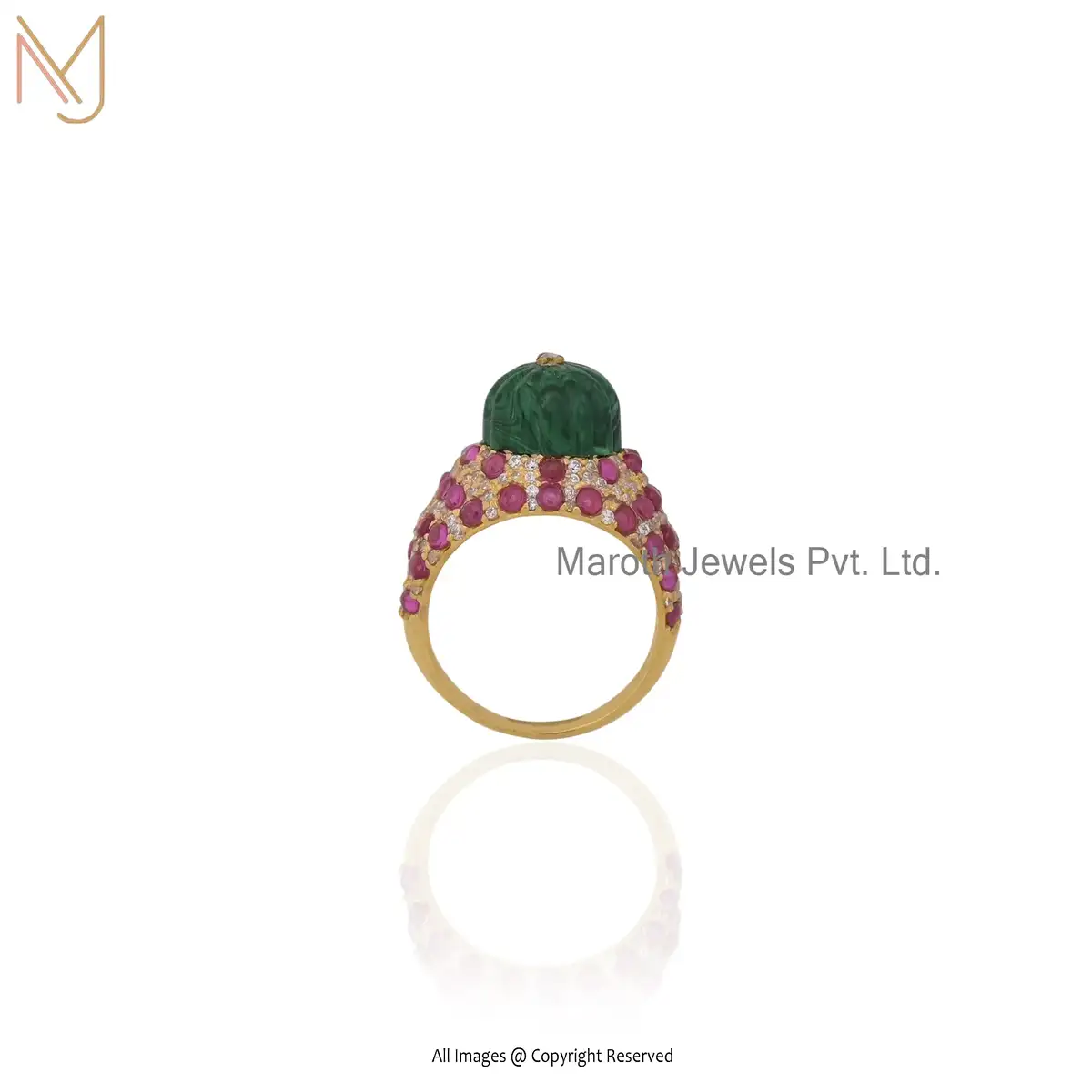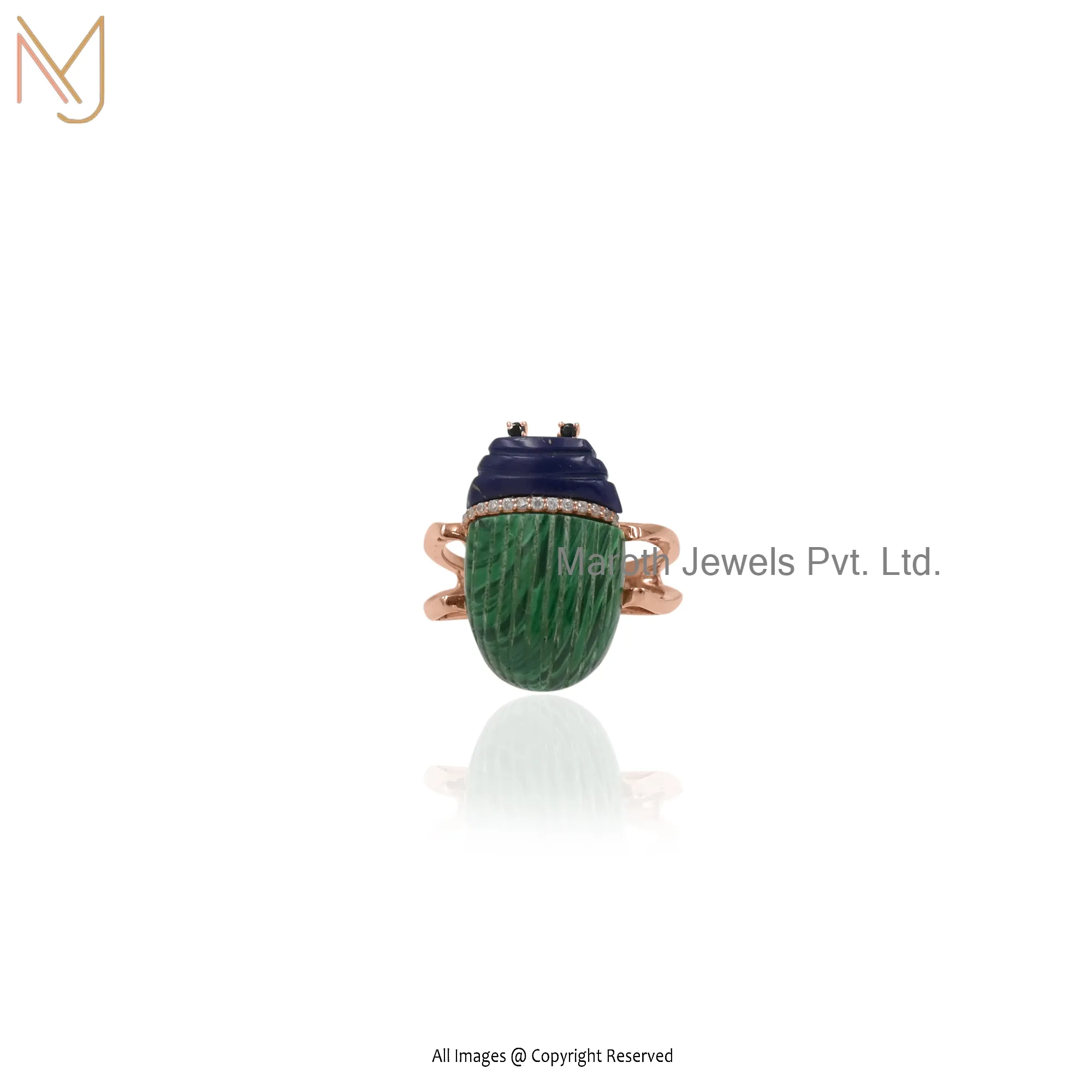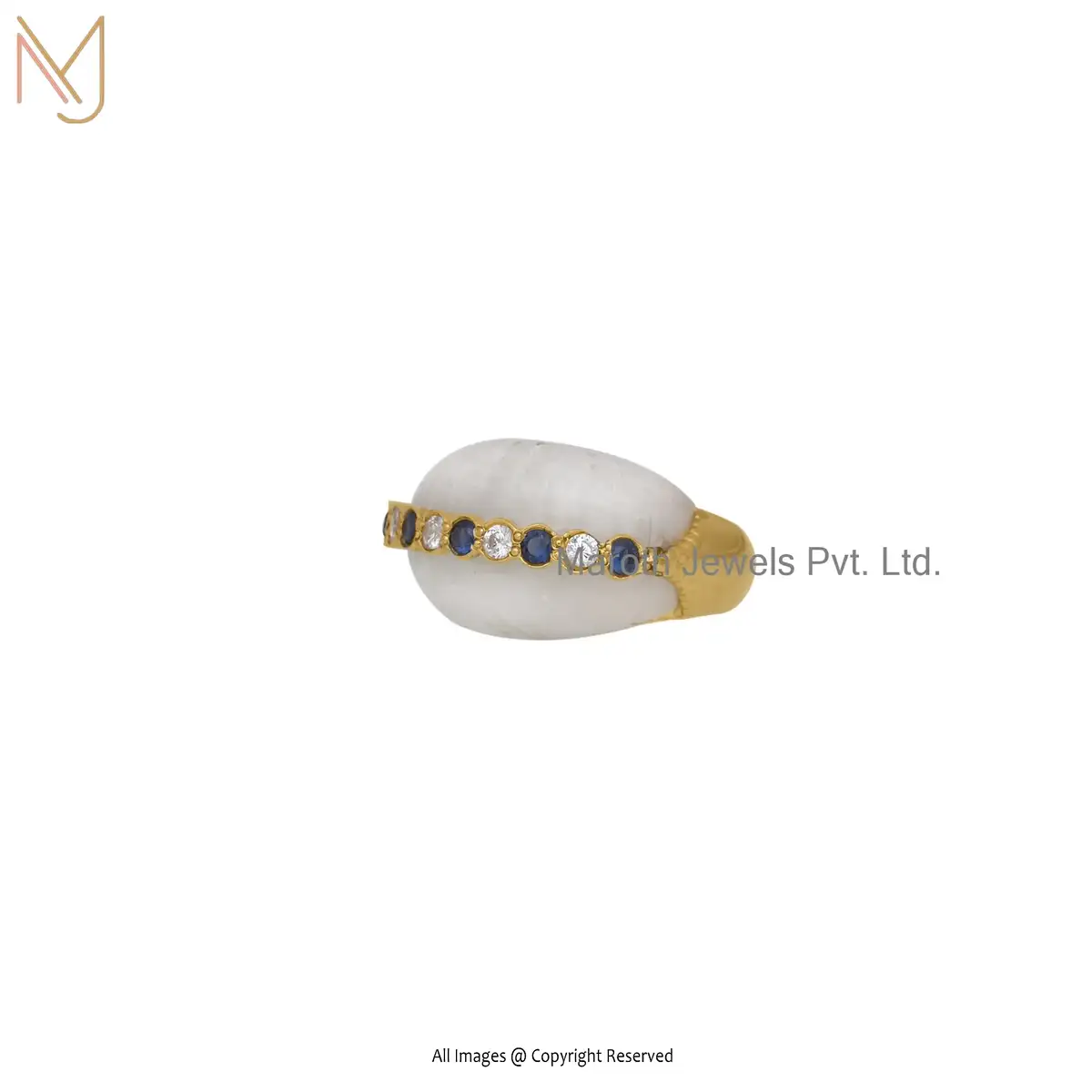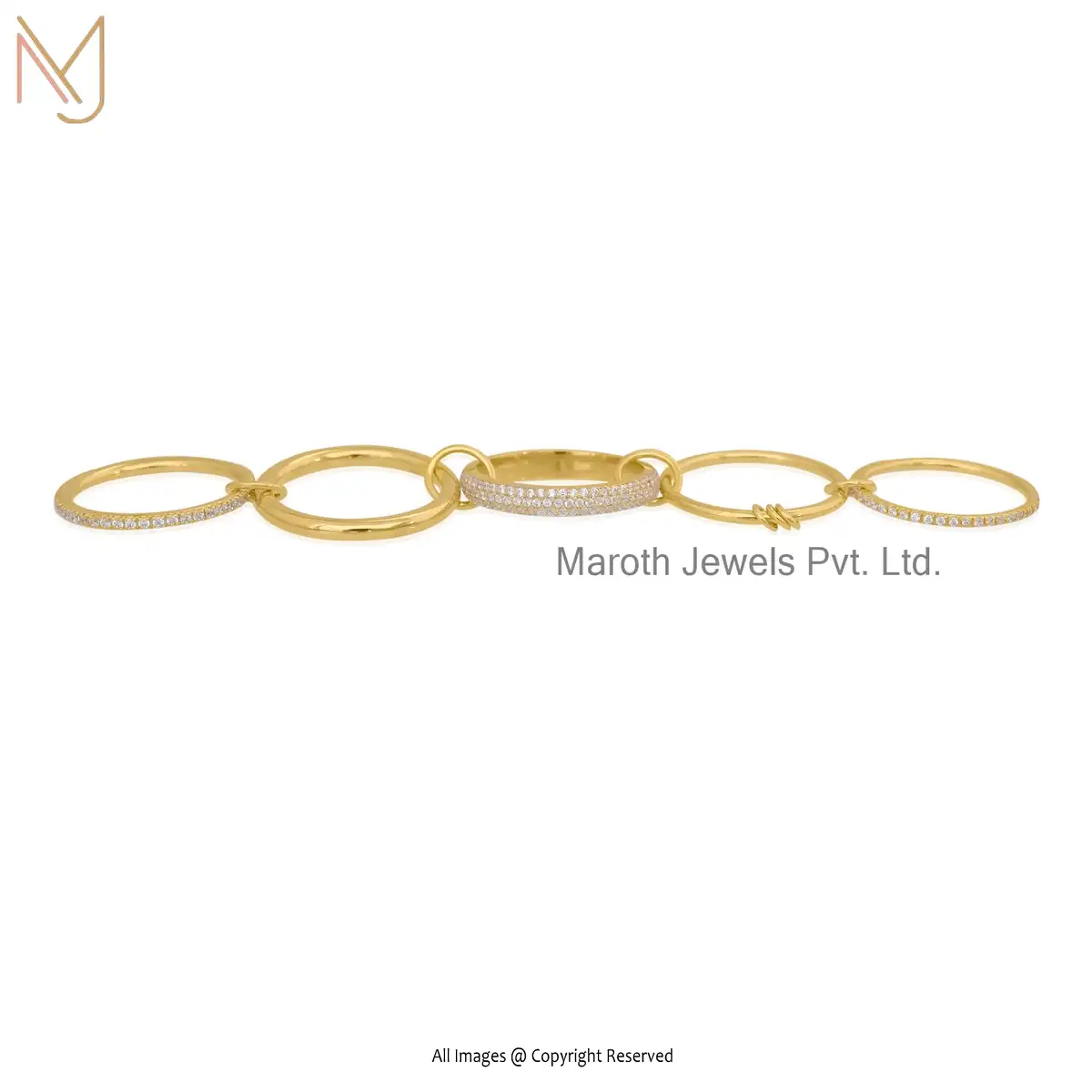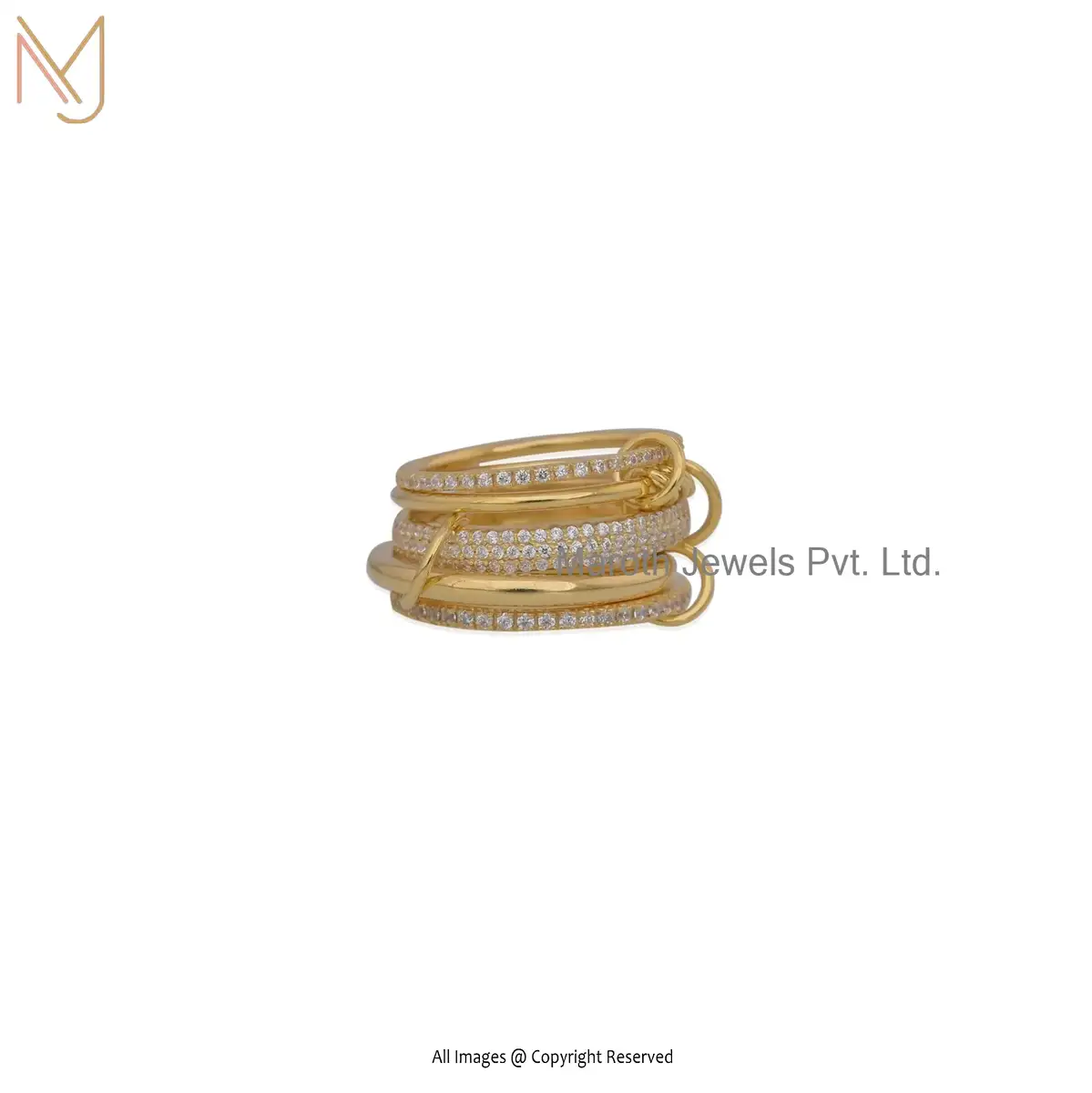Why Does My Gold Ring Turn My Finger Black?
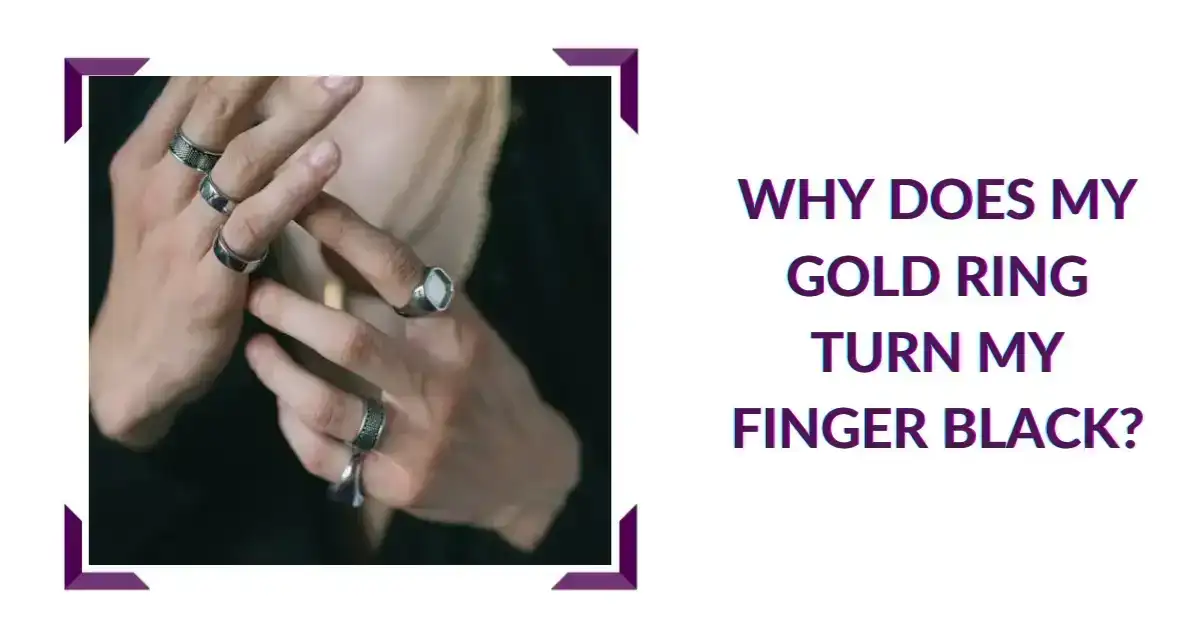
Why Does My Gold Ring Turn My Finger Black?
Have you tried a piece of jewelry that turned your skin a different color when you wore it? You might think that the reason is poor manufacturing or gold that’s not pure, but as luck would have it, that’s not the case. The fact is however there’s a number of reasons as to why your gold rings could turn your fingers black and there is a lot you can do about it.
3 Reasons Why Gold Rings Leave Your Fingers Black
Gold doesn’t tarnish by itself. Pure gold that's 24k is just too soft to use for making jewelry. Therefore jewellers add metal alloys in a percentage, giving the gold strength and durability. Copper, silver, nickel, and zinc are used for this metal, some. That is why the gold ring itself is never the reason your finger turns black, the gold ring is actually covered in other metals, and it’s the other metals that will make your finger turn black from the ring. Reasons your gold ring can turn your fingers black are generally in three categories. These are chemical, biological and environmental.
VISIT FOR :: custom jewellery maker
Reason #1: Chemical
The simple fact is that if you’re using harsh detergents around the house or in a pool or spa treated with chlorine, your ring will be corroding. These chemicals will react with the metal alloy in the ring and then cause that metal to corrode and turn black, blackening the skin underneath.
In a process known as metallic abrasion, similarly applied to cosmetics and skincare products.
The chemical compounds in these items are harder than gold. As you wear your rings when you apply face or skin care products, abrasive substances in these products will wear very small particles of metal off. They look like black, almost like black dust or powder, these particles. However, if you touch this dust and it then comes in contact with absorbent surfaces – like your skin – it will stick, leaving you with a black smudge.
Reason #2: Biological
One of those would be our sweat, and that’s composed of fats and fatty acids that can cause the corrosive effect on your gold ring. Salt is also present in sweat, along with a certain amount of metal breakdown.
Our bodies also secrete hormones, aside from our sweat. That metal alloy in the ring might be reacting with your hormones as they flush back and forth in the weeks, months, or years, creating dark chemical compounds you perceive as black smudges on your finger.
Reason #3: Environmental
If you’ve ever noticed that when it’s hot outside your rings might seem to fit tighter you are experiencing an environmental impact on your body. Even the same environment can affect the metal itself. If you live in a humid environment, you will find your ring is more likely to tarnish, and more likely to leave black marks on your finger.
With the increase in humidity, the moisture on your skin gets developed, and the moisture stays trapped between your finger and the skin. The metal is then corroded as it mixes with your body chemistry and is liable to leave marks.
Living by the ocean or by the sea makes you also more at risk. Salt evaporates and remains, hanging in the air, in coastal areas. The salt you are using in the above experiment is just like the salt in your sweat, and will over time corrode the metals in your gold ring.
Prevention and Management of Ring-Induced Finger Discoloration
Surprisingly, and unpleasantly, I experienced a ring turning your finger black. Yet, there are many prevention measures you can take to protect your skin from such discoloration. You begin to remove Rings While Engaging in Activities that May Cause Discoloration
Precautionary Steps:
Be Proactive: Keep in mind always to remove rings prior to the impending plunge into activities that include strong chemical exposure or copious sweating. This is a simple habit that would significantly lower your risk of getting black stains of your fingers.○ Swimming in chlorinated pools is why.
Using cleaning products
Any form of physical exercise / strenuous activity and the moisture gets trapped between your finger and skin.
As it mixes with your body chemistry, the metal is corroded and susceptible to leaving marks.
Removing Rings When Engaging in Activities That Can Cause Discoloration
Precautionary Steps:
Be Proactive: Always remember to remove rings before you dive into activities that involve harsh chemicals or excessive sweating. This simple habit can significantly reduce the risk of black stains on your fingers.
Dishwashing
Swimming in chlorinated pools
Working with cleaning products
Exercising or any strenuous physical activity
Additional Prevention Strategies:
Use Absorbent Powder: An absorbent powder on your fingers beforehand, or if you sweat more in general, helps to keep the skin on your fingers dry and diminishes the chance for you to have metal contact with moisture.
Seal Your Ring: Sealing it with a layer of clear jewelry lacquer or clear nail polish will protect the integrity of your ring, and your skin. This barrier acts as a barrier from possible irritants.
Consider Rhodium Plating: Rhodium plating on your rings takes extra protection, especially if they are silver or white gold. Not only does rhodium plating help improve shine also it guards against tarnish and skin discoloration.
Clean Rings Often: Cleaning regularly keeps the ring itself lustrous and rids the ring of material that might cause a fit. Best or even simplest being gentle cleaners especially designed for jewelry, but warm water and mild soap work fine as well.
If you integrate these practices into your routine, you can have your rings on your fingers without any unsightly black marks. However, it’s not at all uncommon for each ring to be as individual as its owner, needing its own form of care; don’t forget to always check with a jeweler for recommendations on how to best care for your jewelry. Having these in place, you can wear your rings without harm to the health of your skin and maintain their beauty.
VISIT FOR :: buy wholesale gold jewelry
Absorbent Powder or Barrier Creams
However,ring induced skin discoloration is not the only thing that you should know about, but in actual fact, prevention of it is of much importance. One type of such an approach makes use of absorbent powder or barrier creams.
Absorbent Powder
If you apply an absorbent powder to your fingers before you put a ring on, you can dramatically reduce moisture levels. And this step is especially useful if you are prone to sweat more or living in a humid place. It is the coating that works by absorbing excess moisture, that should help to prevent the reaction that can occur between metal and sweat or fatty acids which will cause discoloration.
Barrier Creams
If the metal is uncomfortable for you, you may use barrier creams to put a protective layer between your skin and the metal. These creams are specially meant to maintain your skin away from possible irritants, ideal for people having sensitive skin or allergic reaction to selected metals. Ring induced skin discoloration can be prevented with both options. Here are some additional tips for using these preventive strategies:
Application Technique: Put powder or a cream on a thin layer, and apply it evenly around the finger which the ring rests on. But before you put on your ring, make sure it’s fully absorbed or dried.
Selection of Products: Avoid scented absorbent powders with additives that may irritate. Choose hypoallergenic barrier creams specially formulated for sensitive skin.
Remember, while these methods can help prevent your ring from turning your finger black, they should be part of a broader approach to jewelry care which includes:
Regularly cleaning your rings
Jewelry lacquer or clear nail polish to seal your ring.
If it made sense, I considered rhodium plating for extra protection.
Rings removal for activities where the exposure to chemicals, moisture or abrasive substances may occur.
READ MORE :: What Exactly Are Lab Grown Diamonds?
Recent Posts
Top 10 925 Sterling Silver Chain Manufacturer in USA
Top 10 Gold Chain Manufacturer in USA
Pros And Cons Of Gold Plated Jewellery
Top 10 Jewellery Brands In Delhi
Top 10 Sustainable Jewelry Manufacturers in India
10 Best Jewelry Stores in San Antonio, Texas
How to Get my Jewelry Designs Manufactured?
Related products
14K Yellow Gold pave Diamonds Band Ring Jewelry Bands Rings Manufacturer
925 Silver Natural Silver RH Band Ring Jewelry Bands Rings Manufacturer
14K Yellow Gold Malachite Engraved Ring Jewelry Manufacturer
14K Yellow Gold Men's Ring Jewelry Manufacturer
925 Silver Gold Plated Men's Ring Jewelry Manufacturer
Private Lable 14K Yellow Gold Plated Pave Diamond & Rose Cut Ddiamond Ring Jewelry
Wholesale 925 Silver Yellow Gold Moissanite Round Ring Jewelry
Wholesale 14K Gold Moissanite Diamond Round Ring Jewelry
14K Yellow Gold Turquoise Band Ring Jewelry Supplier
Wholesale 14K Yellow Gold Moissanite Turquoise Enamel Band Ring
14K yellow Gold Yellow Sapphire Ring Jewelry Supplier
14K Yellow Gold Diamond Black CZ Band Connector Ring
14K Yellow Gold Malachite Red White CZ Ring Custom Jewelry
14k Rose Gold Malachite And Lapiz Lazuli White CZ Ring Manufacturer
Private Label 14K Yellow Gold Moonstone CZ & Blue CZ Ring
Wholesale 9K Rose Gold Cubic Zircon Connected Ring Jewelry
Wholesale 925 Silver Yellow Gold Plated Cubic Zircon Connected Ring Jewelry
Private Label 925 Sterling Silver Yellow Gold Plated Moonstone CZ & Blue CZ Ring
Contact Us For Custom Jewelry
Please get in touch with us and share your ideas if you have personalized jewelry or are searching for a private label jewelry manufacturer. In accordance with your suggestions, we will make and present genuine jewelry.
Drop Us a Line
Scan QR Code
for immediate contact













